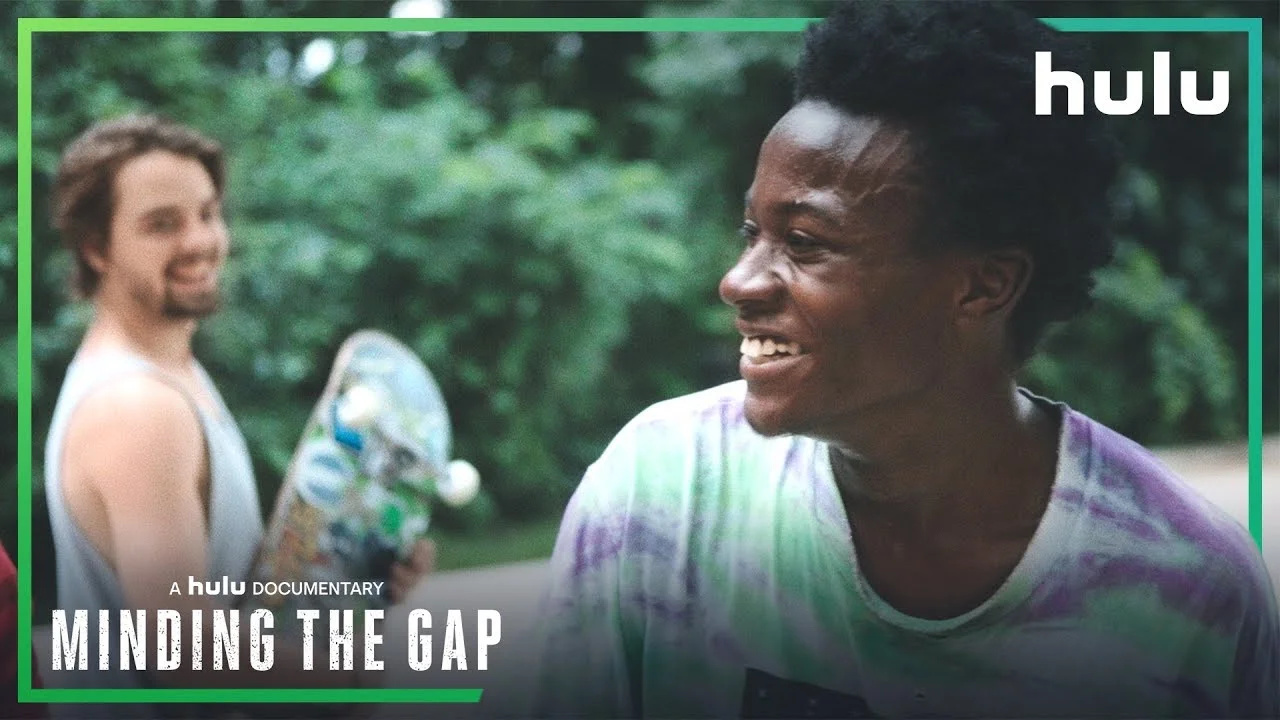Death defying kickflips from concrete ledges. Balance bending rail grinds that will leave you breathless. One of this year’s films in the running for the Academy Award for Best Documentary is “Minding the Gap,” a film that should have also been nominated for its cinematography. The film is about the skateboarding community in Rockford, Illinois and features camera work that could have only been honed in alleyways, empty swimming pools, and public stairwells trying to capture the sickest tricks. The film is about the sport it depicts so well, but as it unfolds is about something else entirely, generational patterns of sin and hardship.
As filmmaker Bing Liu follows his skater friends around, he allows the story to develop naturally. Digging deeper into their lives he begins to recognize the broken homes and abusive families they come from. These dark commonalities give Liu the open door to shed light on the unusually high rates of domestic violence in the city of Rockford. Unfortunately, this is a trend continuing in Liu’s friends as they enter young adulthood.
They have trouble keeping jobs, they drink excessively, and they abuse their significant others. Liu takes his evolving movie as an opportunity to unpack his own childhood with help from his mother. It’s heart-wrenching hearing his mother show deep remorse for the ways Liu was abused by his stepfather, while also documenting the disintegrating, unhealthy relationship of his friend Zack and the mother of Zack’s child. Two generations living out the same story.
This generational deja vu is something very human, and something God speaks into from the very beginning. In Genesis 20 we read,
“Now Abraham moved on from there into the region of the Negev and lived between Kadesh and Shur. For a while he stayed in Gerar, and there Abraham said of his wife Sarah, ‘She is my sister.’”
Now stop me if you’ve heard this before. As Genesis continues in chapter 26,
“So Isaac stayed in Gerar. When the men of that place asked him about his wife, he said, ‘She is my sister,’ because he was afraid to say, ‘She is my wife.’”
You’re not going crazy. Here are father and son, Abraham and Isaac, their hearts filled with fear and insecurity, lying an identical lie. They didn’t trust God and took the protection of their wives into their own hands. In both cases, the lie backfires and they nearly lose everything. In families, in institutions, and in the hearts of man we are prone to these generational patterns. We are stuck dragging the heavy chains of the past, slaves to the sins of our parents. They are thick chains, but they are not unbreakable.
The book of Deuteronomy gives us a painful instruction manual. In chapter 12 we read, “Destroy completely all the places on the high mountains, on the hills and under every spreading tree, where the nations you are dispossessing worship their gods. Break down their altars, smash their sacred stones and burn their Asherah poles in the fire; cut down the idols of their gods and wipe out their names from those places. You must not worship the Lord your God in their way. But you are to seek the place the Lord your God will choose from among all your tribes to put his Name there for his dwelling.”
The prior inhabitants of God’s chosen land left patterns behind, almost grooves in the land leading to the worship of their gods. These verses are warning God’s people that if they’re not careful as they enter the land, they could easily click into the grooves of the past. The only way to prevent this is to tear it all down. Patterns are comfortable, they’re easy. Sometimes clicking into the routines of the past even feels good. The process of tearing it down is always the opposite. Changing the direction of a generation always comes with pain.
For Liu and his friends it involves bringing the generational patterns into the light with his film. Zack will see this film and come face to face with some of his worst moments. Liu sat behind his camera and watched tears stream down his mother’s face. Even as an outsider, it is heartbreaking to watch, but that feeling of lament is the feeling of chains of the past being broken. What you hear in the film isn’t just plastic wheels filled with ball bearings hitting pavement, it’s the sound of shackles falling off. It’s the sound of future generations being freed. “Minding the Gap” is about skateboarding in Rockford, Illinois, but it’s also about hope.
“Minding the Gap” is available to stream right now on Hulu.




